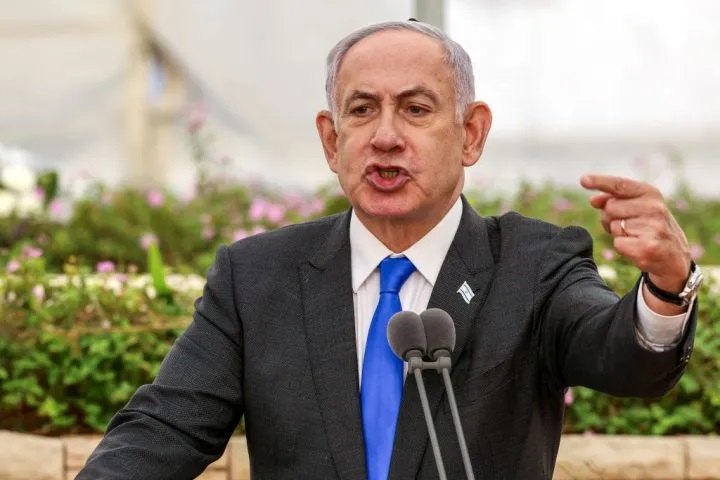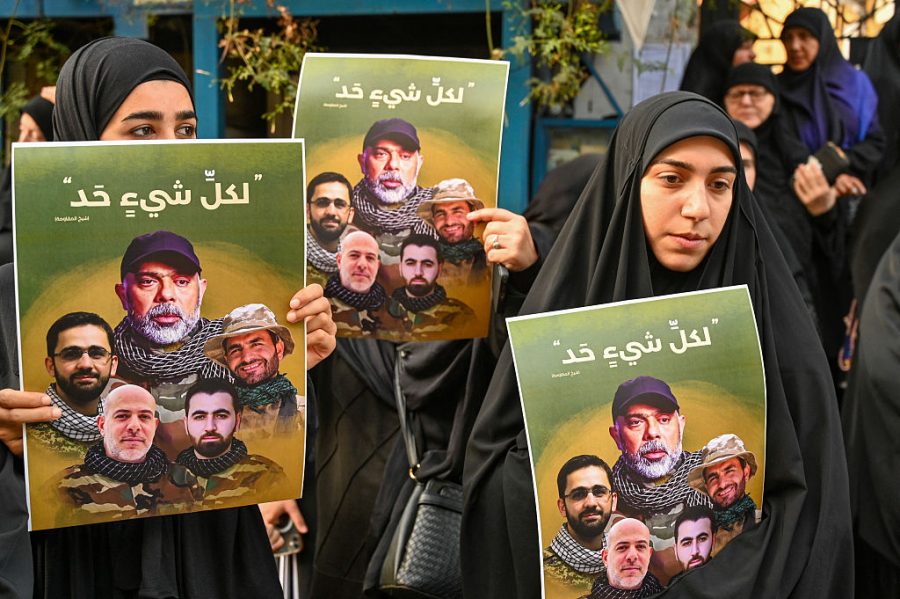The latest information seeping out from the negotiations for an end to the war in Gaza suggest that agreement between the sides remains out of reach. According to a report by Axios today, Hamas yesterday rejected an updated US proposal, claiming that the new formula aligned with attempts by Israeli prime minister Benjamin Netanyahu to raise “new conditions and demands with the aim of undermining the mediators’ efforts and prolonging the war.”
While one should not rule out the possibility that we are the recipients of a messaging strategy designed to secure further concessions in the negotiations, it does appear that the talks are floundering on substantive gaps between the two sides. In turn, this reflects their differing and indeed diametrically opposed goals for the outcome of the war and for the next phase.
For Israel and Hamas, the differences constitute the gap between victory and defeat
The issues thwarting an agreement, according to the latest reports are Israel’s insistence on maintaining control of the Philadelphi Corridor and the Rafah crossing which separate Gaza from Egypt, and its continued presence along the Netzarim corridor, which divides Gaza into south and north. The absence of an Israeli commitment to a permanent ceasefire in Gaza was also noted as constituting an additional obstacle for the Gaza Islamists.
These differences aren’t small details. They reflect fundamental differences between the sides. Were Israel to concede to them, they would grant Hamas a significant, perhaps historic achievement.
Hamas wants a deal which it can (plausibly) portray as a victory, vindicating in the eyes of its supporters the attacks of October 7 and the subsequent sufferings undergone by the residents of the Gaza strip. Such a deal must include, from the movement’s point of view: a total withdrawal of Israeli forces from the Gaza strip; an Israeli commitment to a permanent ceasefire and an absence of any clear commitment regarding future political arrangements and governance in the strip (enabling the restoration and rebuilding of Hamas authority in the subsequent vacuum).
The achievement of these core demands would be accompanied by the release of thousands of Palestinian terrorists from Israeli jails in return for Israeli hostages. The individuals released from jail in Israel would include people with the blood of many Israeli civilians on their hands. The release would be presented as paving the way for the next phase of the struggle against Israel. It would be likened, no doubt, to the release in 2011 by Israel of 1,027 prisoners, including the current Hamas leader Yahya Sinwar, which paved the way for October 7.
The achievement of an agreement on this basis could be plausibly presented by Hamas as a victory and a historic achievement, because it would indeed constitute such an outcome. Israel, should it accept such a deal, would have failed to have achieved its core stated goal in launching its invasion of Gaza, namely the dismantling of the Hamas authority in Gaza. It may be assumed that Hamas military capacities would also soon be rebuilt.
More fundamentally, Hamas would have proved the basic point of October 7: namely, that to achieve strategic goals against Israel, it is merely necessary to bypass the country’s formidable military capacities in order to strike directly at the civilian population. By taking, holding, and subsequently negotiating the release of innocent civilian hostages, Hamas leaders would be telling their supporters that Israel’s will can demonstrably be thwarted as long as its initial furious military response can be withstood.
For these reasons, it is easy to see why Netanyahu is seeking to hold out against any such deal. But what is the Israeli prime minister aiming for? What is his alternative? Much Israeli media coverage seeks to present the Israeli leader as interested solely in his political survival. While it would be excessively generous to entirely exonerate any politician from this charge, there are indications of a roadmap being pursued by the current Israeli government which, if properly followed, would rule out concessions in the areas Hamas is demanding.
Brigadier-General (Res.) Ya’acov Amidror, Netanyahu’s former national security adviser, recently published an “interim assessment” of the Gaza war for an Israeli think tank, the Jerusalem Institute for Strategy and Security. Amidror is no longer a civil servant, but his thinking aligns with that of the prime minister in key areas. Amidror, in his assessment, wrote:
The intensive phase of the fighting will end with the occupation of Rafah and several other small areas where the IDF has yet to occupy, followed by a year-long mopping up operation. In the northern Gaza Strip, this mopping-up phase is already being carried out. Toward the end of this year-long phase, the question of responsibility on the ground ‘the day after’ will become clear.
The goal of the operation, the former national security adviser suggested, is “to make the Gaza Strip like Area A in the West Bank where the IDF is not present but operates according to its needs.” That is, the ending of Hamas rule and the preservation of Israeli freedom of action in the security sphere throughout the area.
Israeli agreement to withdraw from the Philadelphi and Netzarim corridors, and to a permanent ceasefire would represent the abandonment of these objectives. It is for this reason that the current government of Israel is likely to continue to reject Hamas demands in these core areas. As to who (if anyone) will blink first, and when, prediction is impossible. But the present impasse in the negotiation is not a matter of quibbling over small details. It reflects substantial differences. Indeed, for both Israel and Hamas, the differences constitute the gap between victory and defeat.
This article was originally published on The Spectator’s UK website.

























